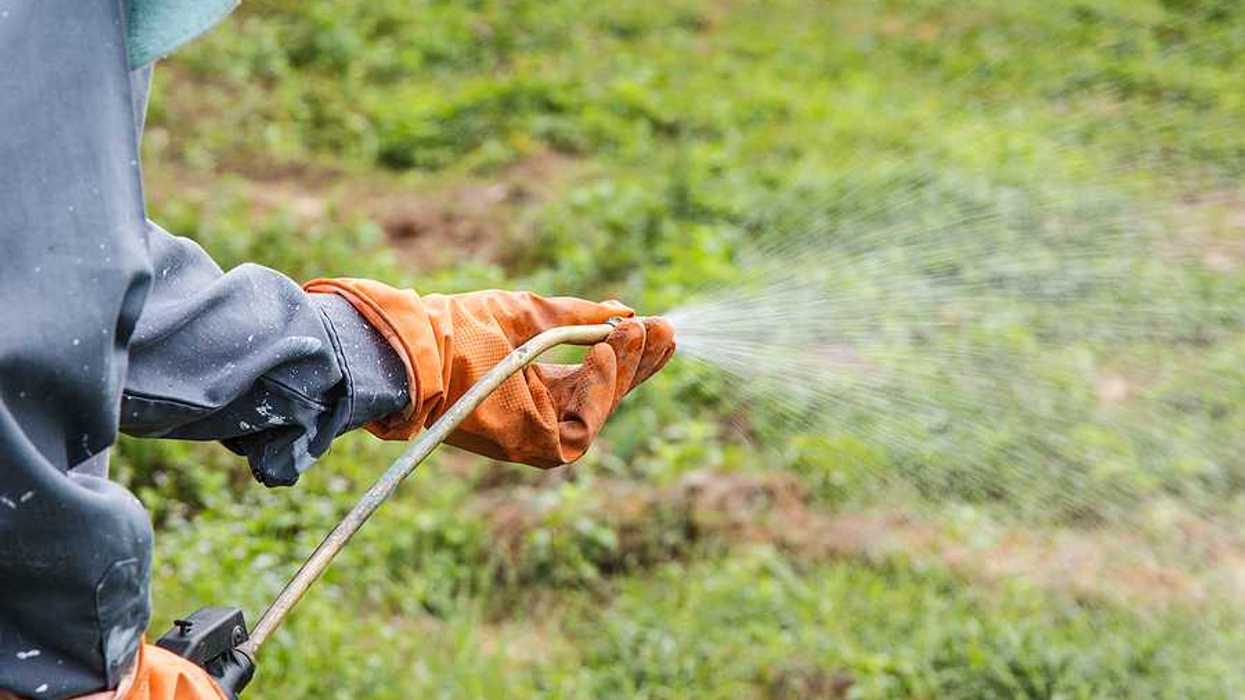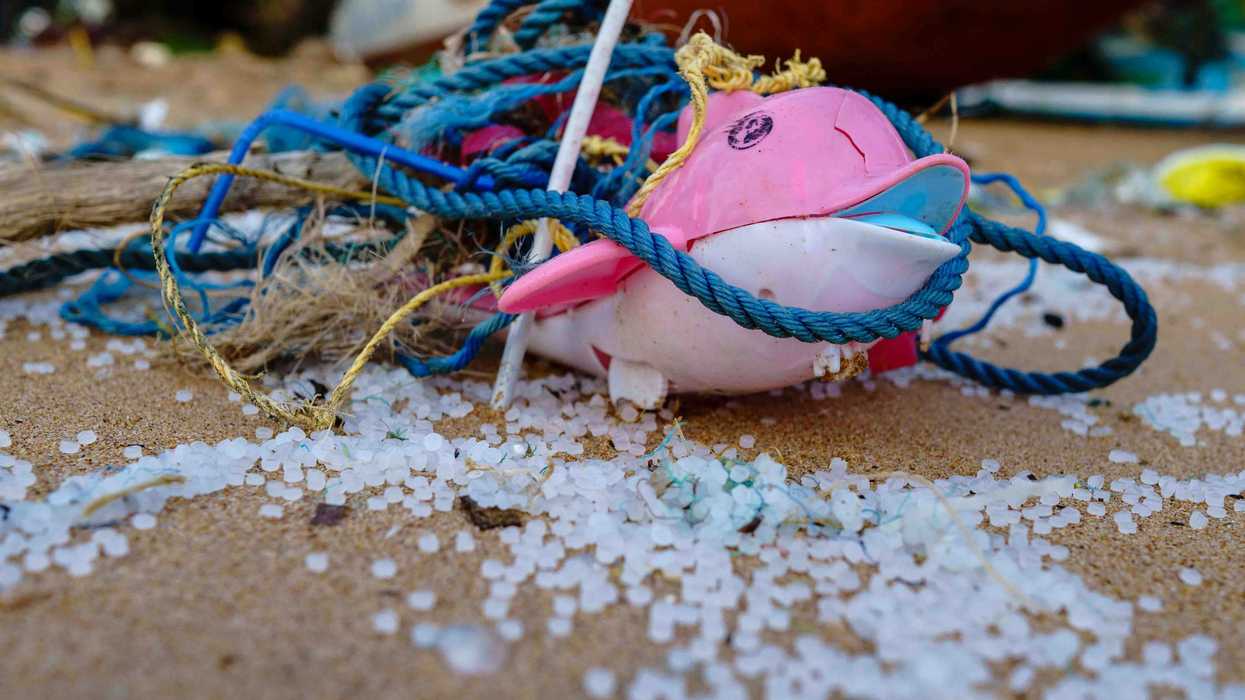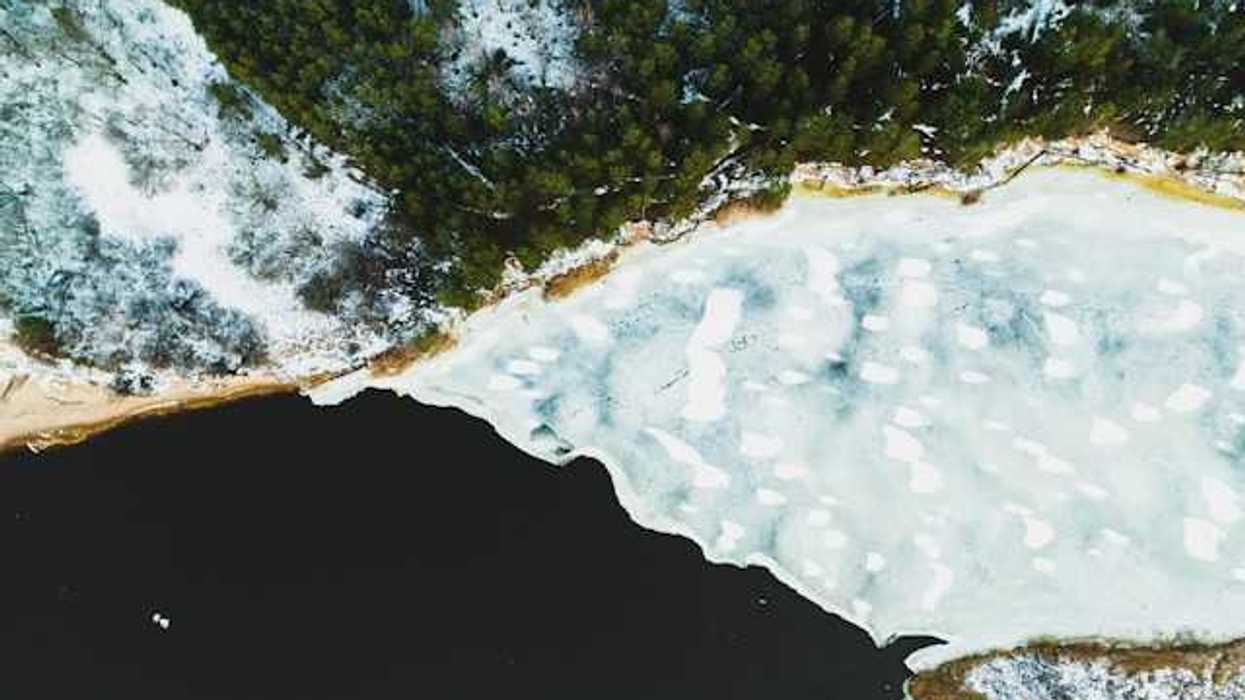Officials from states sharing the Colorado River have submitted differing proposals to the federal government on managing severe reductions in the river’s flow due to climate change, with disagreements on equitable distribution of these cutbacks.
Jennifer Yachnin reports for E&E News.
In short:
- Seven states sharing the Colorado River have submitted conflicting proposals to the federal government to manage severe water cutbacks amidst ongoing drought and climate concerns.
- The Upper Basin states suggest that the Lower Basin should bear more burden for reductions, while the Lower Basin calls for equitable distribution of cuts among all states.
- Interior Department and Bureau of Reclamation to deliberate on the proposals with an objective to draft a consensus plan by the year's end, as current agreements expire in 2026.
Key quote:
"If we want to protect the system and ensure certainty for the 40 million people who rely on this water source, then we need to address the existing imbalance between supply and demand.”
— Becky Mitchell, Colorado’s Colorado River commissioner
Why this matters:
The outcome of these negotiations is important not just for environmental stewardship, but for health outcomes as well. Millions rely on this water for daily life, and equitable access to clean water is a determinant of public health, echoing a significant national issue of resource sustainability.














